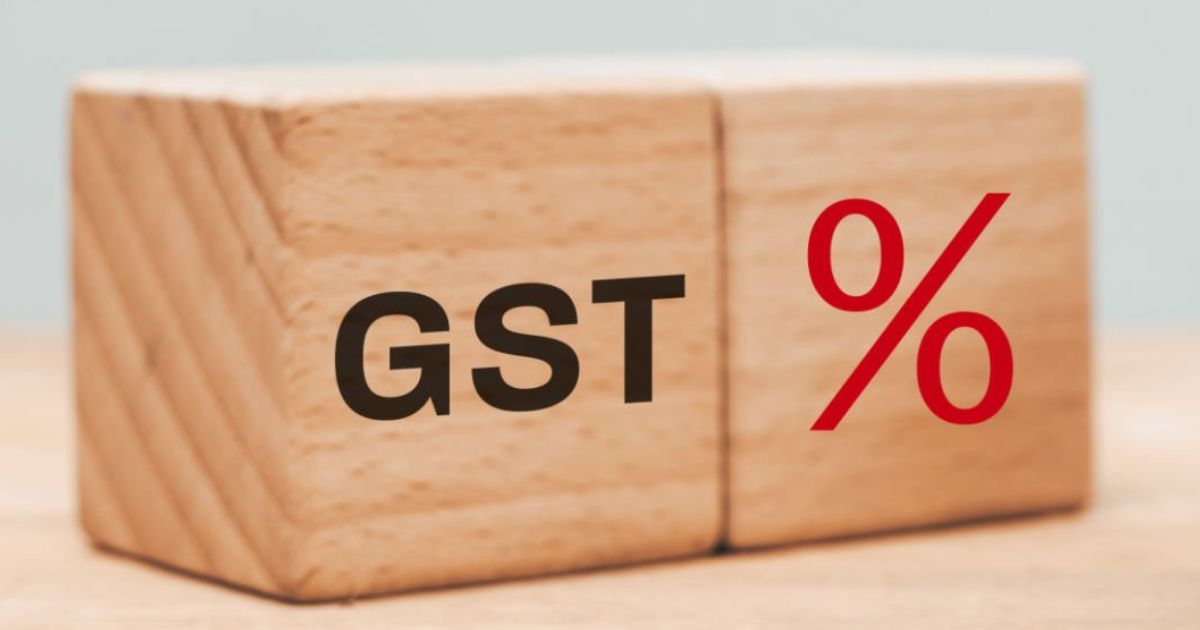In a major relief to the defence innovation ecosystem, the Ministry of Defence (MoD) has decided to absorb the 18% GST levied on private start-ups and micro, small and medium enterprises (MSMEs) receiving government funds for research and development (R&D) of military technologies.
The move comes five months after concerns were raised over a tax anomaly that placed private players at a disadvantage compared to government research bodies, universities and DSIR-registered institutions, which were exempted from GST via a notification issued by the GST Council on October 8, 2024.

Relief Under iDEX and TDF Schemes
The MoD allocates an annual budget for R&D under initiatives such as the Innovations for Defence Excellence (iDEX), launched by the Defence Innovation Organisation (DIO) and the Technology Development Fund (TDF) of the Defence Research and Development Organisation (DRDO). These schemes aim to empower private innovators to develop indigenous cutting-edge defence technologies, addressing capability gaps that public sector undertakings (PSUs) cannot meet.
In an office memorandum issued on July 18, the MoD stated:
"Approval is hereby conveyed for the reimbursement of GST, as applicable, over and above the grant-in-aid provided to MSMEs and start-ups under the TDF and iDEX schemes, based on documentary evidence and taking into account the avail of input-tax credit, prospectively."
An Interim Arrangement
Sources indicate that the reimbursement measure is an interim step until the GST Council decides on a permanent policy change. Defence Minister Rajnath Singh had raised the issue with Finance Minister Nirmala Sitharaman two months ago, but the GST Council has not met since December 2024, leaving the matter unresolved.
Industry insiders say the GST Council may believe private companies should not get tax exemptions since they generate profits. However, defence experts argue this reasoning is flawed, noting that investments in innovation directly contribute to national security and economic growth.
Concerns Over Policy Impact
Stakeholders warn that taxing innovation could drive promising start-ups and talent abroad, where foreign defence firms and governments are actively seeking partners to develop next-generation warfare technologies. "Such policies risk undermining India's ambition to lead in disruptive defence technologies," one industry representative cautioned.
Prime Minister Narendra Modi's launch of the Anusandhan National Research Foundation, with a Rs 50,000 crore corpus for 2023-2028, underscores the government's broader push to foster an innovation-driven economy. The MoD's GST reimbursement decision is seen as aligning with this vision, even as the sector awaits a full GST exemption.









 CAclubindia
CAclubindia

